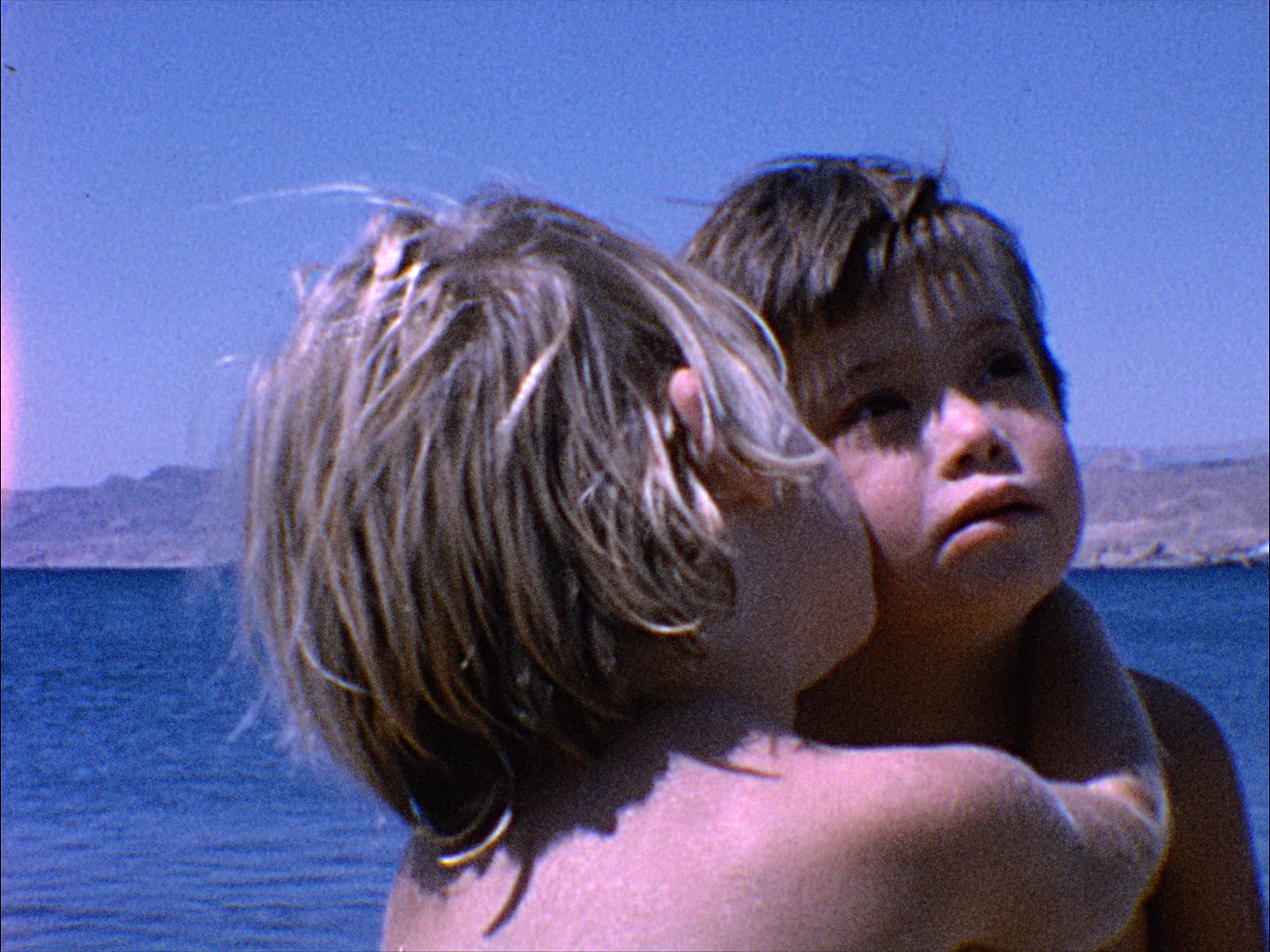Below are a few questions posed to the duo Itamar Alcalay and Meital Zvieli about their competition film The camera of Doctor Morris.
What kind of work did you do on the archival materials?
After the Morris family entrusted us with their family treasure, almost 50 hours of 8mm reels, we digitized Dr. Morris’s entire 8mm archive. Then, we watched it, as it was, without any sound. We were amazed by the cinematic eye of Dr. Morris, a former combat pilot and a doctor, in how he documented his family’s daily life. He filmed actual scenes with a distinguished point-of-view and directed his wife and children like they were actors in his own show. It was clear to us we were not looking at ordinary home movies and, at the same time, we were captivated by the magic of the 8mm films, with all their “flaws” created due to the nature of the original material the film reels’ degradation over time. We decided at a very early stage to leave everything as it is.
Would you tell us about how the relationship between private history and public history develops in your documentary?
This is a very interesting question regarding our film. Under the circumstances in which the State of Israel was established, as filmmakers who really love to create films based on archival films, we are accustomed to national archives. The purpose of these national archives was to document public history with the aim of recruiting more citizens to participate in it. This was the first time we encountered a private archive of such a large scale from the early days of Israel’s founding. It was filmed in a fantastic way and, perhaps out of habit, we looked for the public history point of view but very quickly realized that it simply did not exist in national archives. Dr. Morris, who was a central figure in the history of the city of Eilat and whose contribution was crucial to its development, chose to document only his own story. Through his personal story, we are able to understand an individual’s perspective in our country’s contentious history. We fell in love with the freedom he took to tell his personal story only and followed his point of view until the end, feeling that perhaps this is how he turned the camera into a healing tool After all the hardships he went through in World War II until he arrived in Eilat and found “paradise” there.
Would you suggest to young people and to a new audience a few titles of found footage and/or experimental films that have been pivotal for your education and training?
Our top five titles of found footage and/or experimental films that have been pivotal for our education and training would be:
The Family Album by Alan Berliner
Terra Femme by Courtney Stephens
Ultraviolette and the Blood-Spitters Gang by Robin Hunzinger
The Kid Stays in the Picture by Burstein Nanette, Morgen Brett
Apolonia, Apolonia by Lea Glob
